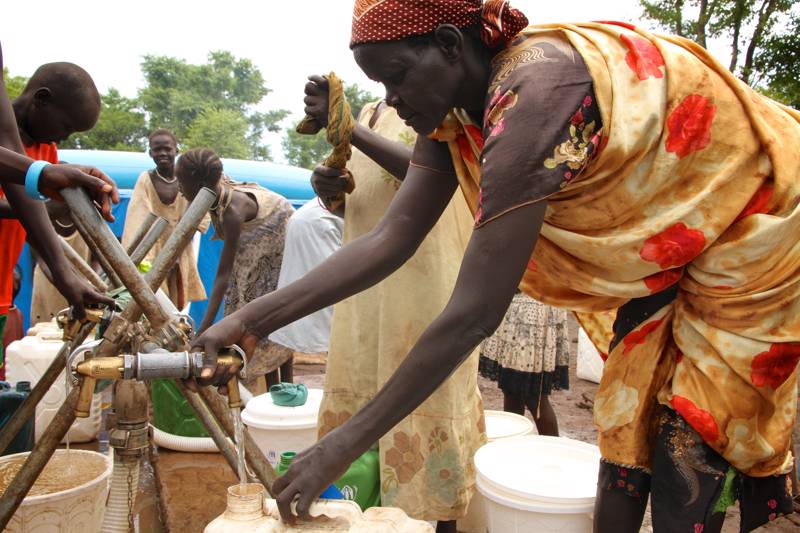Recent years have seen unprecedented levels of forced migration. At the end of 2017, 68.5 million people were forcibly displaced worldwide, the highest figure ever recorded. Despite vocal concerns about refugee arrivals in Europe, forced displacement is overwhelmingly confined to the Global South. In 2017, 85% of all refugees were hosted in developing countries, with Africa accommodating the largest share.
Despite the magnitude of displacement, extant knowledge on how refugees affect host populations is derived almost exclusively from Western societies. We lack completely evidence-based, generalizable insights of such dynamics in the Global South, critically hampering the formation of effective and inclusive capacity building programs to assist people of concern.
The TRUST project steps up to the challenge. It will provide the first systematic, comparative investigation of how refugee arrivals affect host perceptions of trust and well-being and how contextual factors shape this relationship. This will be accomplished by analyzing survey data of 200,000+ respondents across 37 African countries, coupled with new refugee settlement data, in a quasi-experimental analytical framework. Four dimensions of trust and well-being will be studied:
- political trust,
- social trust,
- perception of economic security, and
- perception of physical security.
In addition, the project will conduct ca. 5-6 qualitative case studies, including stakeholder interviews, to validate survey findings, shed new light on deviant cases, and facilitate further theorizing.
This project is funded by the Research Council of Norway.

















